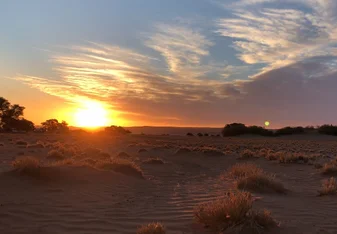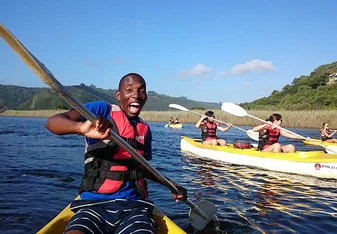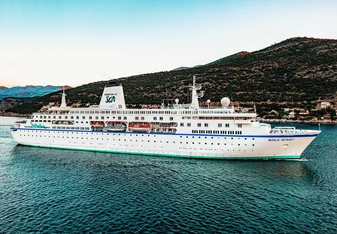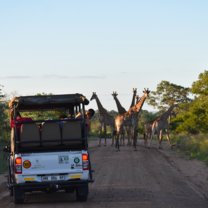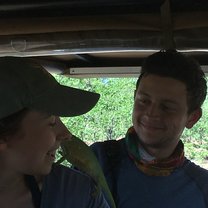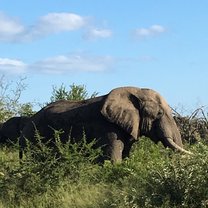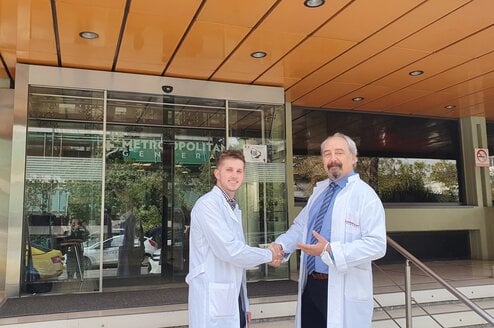African Ecology & Conservation Field Program in South Africa
- South Africa
About Program
Immerse yourself in the Savannas of South Africa! This program travels through national parks and reserves and visits historical sites from the far north of the country, all the way to the Cape in the south. Students spend much of the semester in Kruger National Park, one of the largest conservation areas in Africa and home to healthy populations of megafauna like elephants, rhinos and lions.
Students are mentored by local and international academics, conservation managers, and experts in ecology and conservation. By designing research projects with their professors, students will contribute meaningful scientific data to critical issues faced by South African National Parks. A highlight of the course is a three-night homestay in a rural community; students leave touched by their time shared with the community and gain a deeper sense of cultural and social awareness. Open to all undergraduate students, transcripts provided by the University of Connecticut (UConn).
Video and Photos
Program Highlights
- Live and conduct meaningful independent research in Kruger National Park, South Africa's oldest and largest national park.
- Immerse yourself in South African culture during a 3-night homestay in HaMakuya, experiencing many of the challenges and joys of rural life many South African's face every day.
- Visit various important field-sites throughout South Africa, including the Cape Region, Cederberg, West Coast National Park, Fynbos, Marine & Freshwater Ecosystems, and numerous sites within Kruger National Park.
- Gain valuable field experience through the mentorship of world-class researchers and faculty via ongoing long-term research, and an independent capstone research project.
- Develop advanced understanding of South African history, culture, politics and conservation issues through lectures and field trips to historical sites like Robben Island, Mapungubwe, Thulamela & Cape Town.













